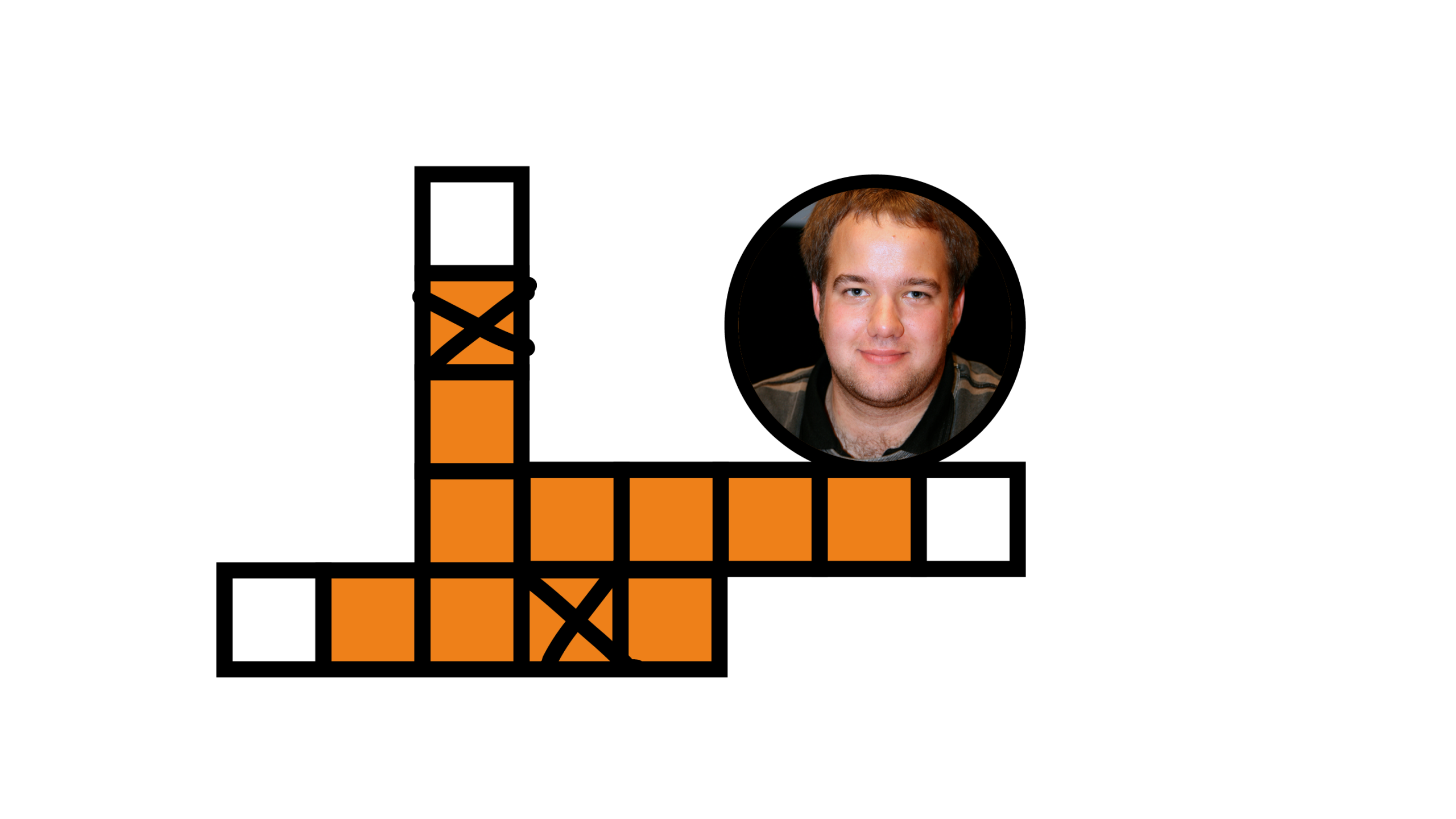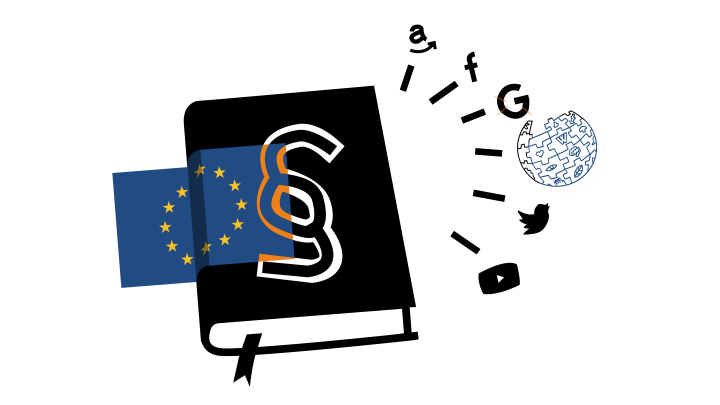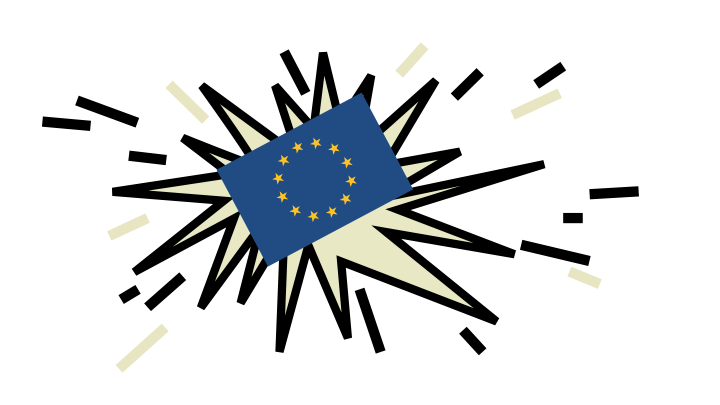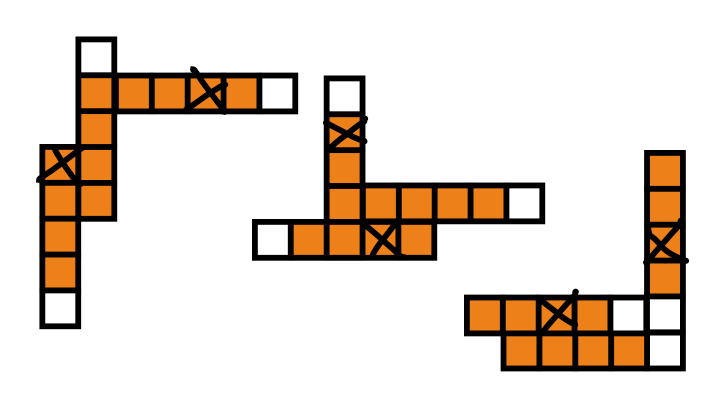F5 Alliance: 3 Questions for Malte Spitz

Secretary General of the Society for Civl Rights (GFF)
What impetus led to the founding of F5 and what were the goals?
In Germany, we now have a lively digital civil society and various organizations that deal with digital policy issues. Compared to large companies, however, they are structurally smaller, for example in terms of the number of employees. The idea was: If we are working on similar, and in some cases the same issues, why not work more closely together, for example, to be able to present a more united front to members of parliament? This led to the creation of F5. It’s not about a single organization pushing through its concerns, but about us working together to provide impetus for digitization that is oriented toward the common good and democratic digitalization.
Where do you see approaches to anchoring the common good more firmly in data policy in the coalition agreement of the traffic light government formed in 2021?
A disclaimer beforehand: As a member of the Green Party Council at the federal level, I was part of the team that negotiated the subject area of digital policy in the coalition agreement. In this respect, I am not entirely unbiased. But viewed with a bit of distance: In terms of goals, the coalition agreement calls for a digital awakening. And civil society organizations are also given a clear role in this, as players that need to be involved and strengthened. A change in thinking, sometimes even a 180-degree turn, is also evident in the content of the statements – whether on the subject of openness or IT security.
Of course, we must and will keep a critical eye on whether these goals are actually implemented. The coalition agreement states at various points that open source software is to be strengthened. At present, this is not yet reflected financially in the budget. As an organization, we will point this out – although our self-image as F5 is, above all, that we actively promote our own future topics, set our own priorities, with a view from civil society.
What are the biggest digital policy construction sites of the future?
One aspect that also concerns many organizations in the F5 alliance is the issue of IT security. Especially when it comes to issues such as state hacking. We see it as clearly contradictory to digitization for the public good if the state deliberately undermines IT security.
“Reporters Without Borders” can report on what effects state hacking has on journalistic work. We as GFF can point out where it can lead to excessive police interference in everyday life. That’s what’s exciting about these five organizations that have come together in the F5 alliance: Each can contribute to many aspects in an independent and enriching way.




